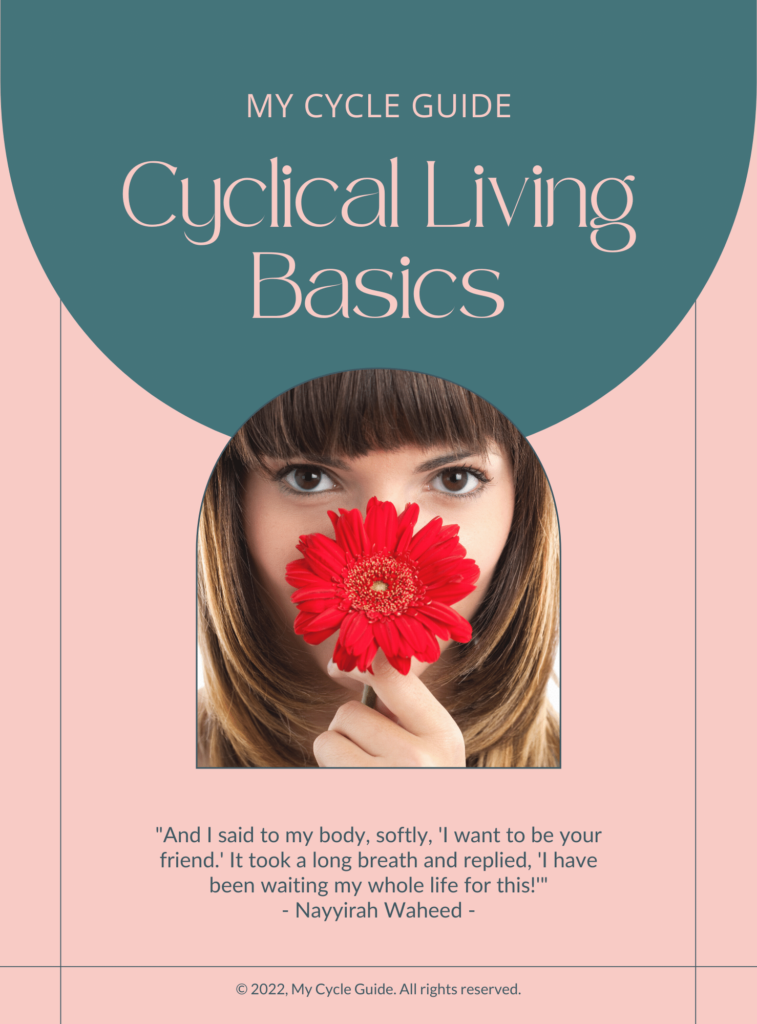What is Postmenopause?
Postmenopause refers to the stage in a woman’s life after she has transitioned through menopause. This transition occurs after a woman has not had a menstrual period for 12 consecutive months.
How Does Postmenopause Impact the Menstrual Cycle and the Body?
Postmenopause marks the end of menstrual cycles. During this stage, the ovaries stop releasing eggs and produce fewer female hormones, estrogen and progesterone, leading to various changes in the body. These changes can include:
- Hot flashes and night sweats: Sudden feelings of heat that spread through the upper body and face, often accompanied by sweating.
- Vaginal dryness: Decreased estrogen levels can lead to vaginal dryness and thinning of the vaginal wall, which can cause discomfort.
- Urinary changes: Postmenopausal women might experience urinary incontinence or an increase in urinary tract infections.
- Bone density loss: Lower estrogen levels can accelerate bone loss, increasing the risk of osteoporosis.
- Mood changes: Some women may experience mood swings, anxiety, or depression due to hormonal shifts.
Hormones, Emotional Impact, and Postmenopause
While postmenopause might offer relief from menstrual cycle symptoms for some women, hormone changes can lead to mood swings, anxiety, and depression for others. Therefore, seeking emotional support and therapy can be beneficial during this transition.
Frequently Asked Questions
- When does postmenopause start? Postmenopause starts after a woman has not had a menstrual period for 12 consecutive months.
- What are common symptoms of postmenopause? Common symptoms include hot flashes, night sweats, vaginal dryness, urinary issues, and bone loss.
- How can I manage postmenopause symptoms? Lifestyle changes, hormone therapy, and other treatments can help manage symptoms. It’s important to discuss your symptoms and treatment options with your healthcare provider.
Learn About Hormones and Your Cycle
To understand more about hormones and their connection with your menstrual cycle, and how to track your cycle and manage related issues, refer to our Free Workbook – Guide to Tracking Your Menstrual Cycle and accompanying Cyclical Living Basics eBook.
